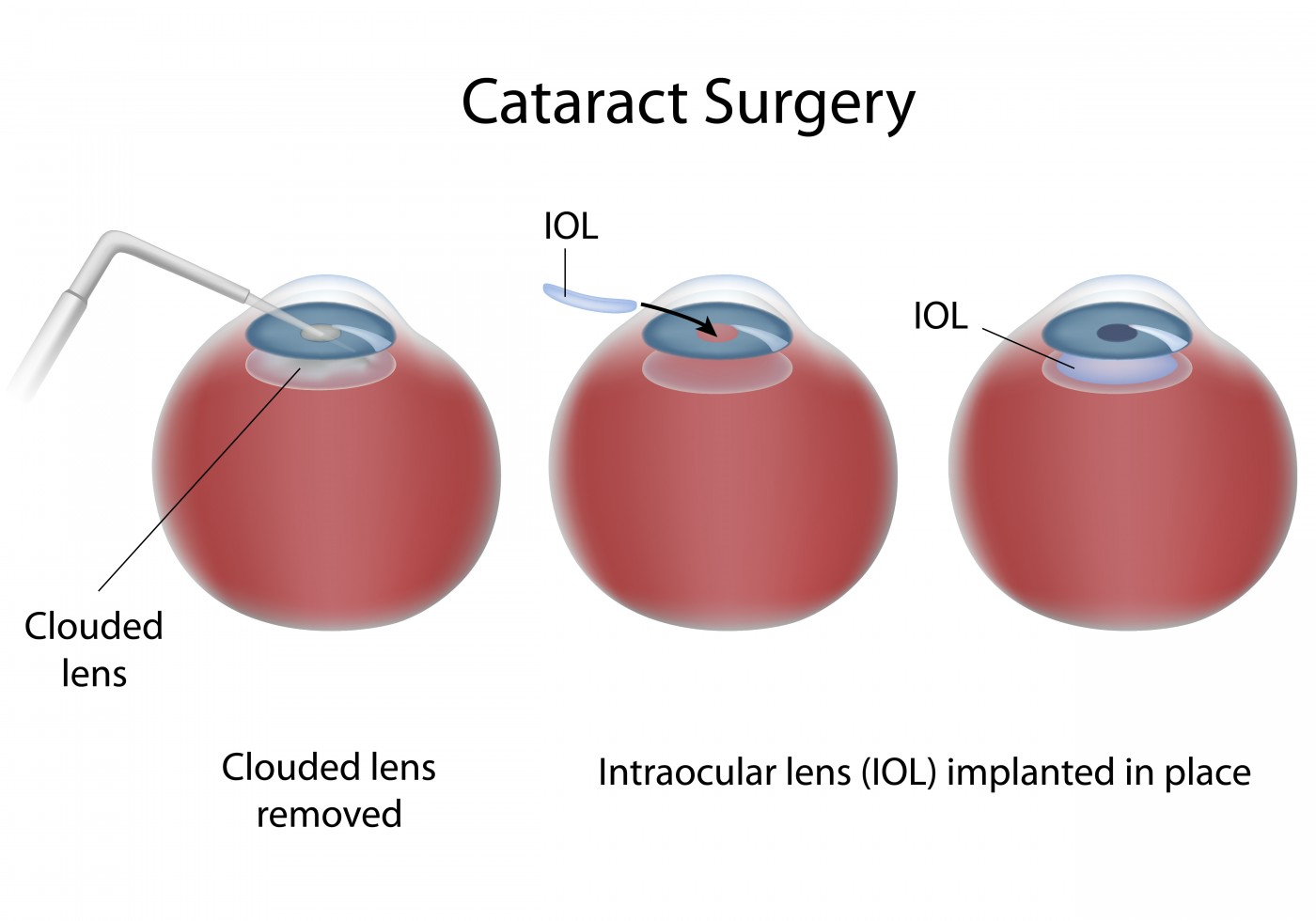 The Manual Small Incision Cataract Surgery (MSICS) Proficiency Training Simulator, which is going to be commercialized by HelpMeSee to train specialists in cataract surgery, was granted the 2014 Good Industrial Design Award. Designed by the Pilotfish team and developed by Moog Inc., the device is expected to help 30,000 physicians in training in developing countries become cataract surgical specialists within the next two decades.
The Manual Small Incision Cataract Surgery (MSICS) Proficiency Training Simulator, which is going to be commercialized by HelpMeSee to train specialists in cataract surgery, was granted the 2014 Good Industrial Design Award. Designed by the Pilotfish team and developed by Moog Inc., the device is expected to help 30,000 physicians in training in developing countries become cataract surgical specialists within the next two decades.
HelpMeSee is a campaign that is working worldwide with the purpose of ending cataract blindness, and announced the award in a recent press release. The campaign aims to reduce the burden of the 20 million people who suffer from cataract blindness, despite the fact that there is already treatment for it. The manual small incision cataract surgery is one of several options, and the simulator aims to enable the performance of three to five million high quality cataract surgeries yearly.
“We are proud of all our partners involved in creating this cutting-edge and life changing medical technology,” said the President & CEO of HelpMeSee, Mohan Jacob Thazhathu. “The high fidelity simulator technology we are developing will allow us to train the thousands of specialists needed to address this global public health crisis.”
About 167 million people with cataracts suffer with visual impairment, and most of them are located in developing countries. Therefore, the campaign is focused on providing the training device to professionals in those countries. Even though cataract blindness is often avoidable, it affects people in austere regions and poverty-stricken situations, which limits affordable access to health care. HelpMeSee believes that through the establishment of healthcare partnerships with companies, institutions and active individuals, they can change the lives of millions of people worldwide.
HelpMeSee has been working in collaboration with Moog since 2013 for the design and production of the MSICS Simulator, as well as with SenseGraphics and InSimo. The company was chosen due to its engineering abilities and experience in the design of simulator systems, since Moog has already been focused on the development of high performance motion control solutions with a series of industrial applications such as simulation systems for pilot, medical and dental training.


